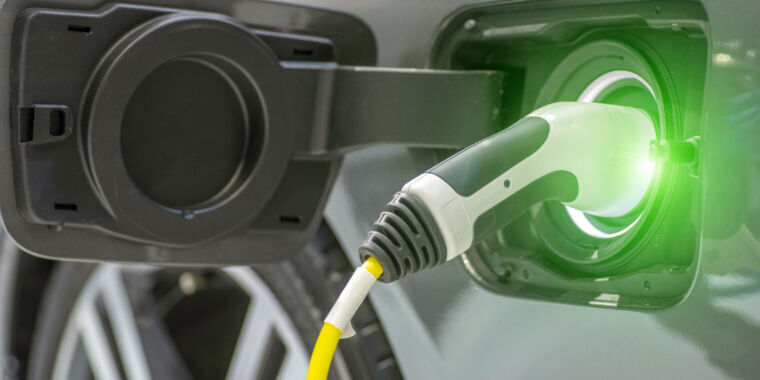Upgrading because EV need the power is looked at suspiciously. If an entrepreneur says he needs power for his factory and they’ll ask by what date he needs the lines.
That’s not the only new kid on the block. AI and blockchain eat tons of electricity.
https://www.theverge.com/24066646/ai-electricity-energy-watts-generative-consumption
And according to this article the upgrades will happen and consumer’s electric bills will barely change:
At the same time, the costs will be spread out over decades and only total up to (at most) three times the grid’s annual operation and maintenance costs. So in any one year, the costs shouldn’t be crippling. All that might be expected to drive the cost of electricity up. But Li and Jenn suggest that the greater volume of electricity consumption will exert a downward pressure on prices (people will pay more overall but pay somewhat less per unit of electricity).
What’s the cost of not doing it in the long run?
The entirety of human civilization and a severe destabilization to all life on the planet.
Cost? The benefit is no longer wasting resources on a mode of transportation that’s inherently unsustainable, destructive, etc. Those resources would be much better allocated to public transit, light EVs, etc.
I meant for my question to be rhetorical. It should be unthinkable not to do it in the long run. $20bn is a lot of money, unless you consider the cost of completely fucking up your planet or whatever.
Yeah, neat. Now pay for it & get it done.
This is why infrastructure should be nationalized, this should’ve been started a long time ago but that would impact shareholders and we just can’t have that, can we?
Hell no.
My state reps office told me we shouldn’t join the national grid because… " If another area has an emergency we’d have to share our power."
He basically wigged out when I said that’s fine, THAT’S THE POINT.
Edit for context this is in TX we basically have our own shitty grid for anyone not aware people froze to death in modern society when our grid failed…
Presumably your asshole rep is dead against this kind of thing?
“The gas and electric markets in Texas are lightly regulated and highly competitive, which has pushed companies to deliver energy at the lowest possible cost. But it also means that many companies were ill-prepared when the mercury dropped. To save money, they had skimped on winterizing their equipment. As a result, gas lines across the state—which has about 23 percent of the country’s reserves—quite literally froze. The spot price of natural gas soared to 70-times what it would normally be in Minnesota, and gas utilities paid a hefty premium when they used the daily market to match demand.”
Chump change for us. Just do it.
It would be better with distributed generation like solar. The idea of a central generation point and transmitting it long distances is just not the best way (single point of failure/attack, losses of long distance transmission, often dirty and/or dangerous). Having lots of little solar farms all over (or even private) is better. I’d imagine most of Californians could provide their own EV needs if you have a large enough roof.
Take this with a grain of salt …. I’m not a power engineer but I did stay at a Holiday Inn Express last night.
this seems low, especially because in like 10 years it will cost like 100 billion
Well just 5 years ago it would’ve cost just $5 billion.
From the article…
The one wild card is direct current fast charging. Eliminating fast chargers entirely would reduce the number of feeders that need upgrades by 12 percent. Converting all public stations to DC fast charging, in contrast, would boost that number by 15 percent. So the details of the upgrades that will be needed will be very sensitive to the impatience of EV drivers.





